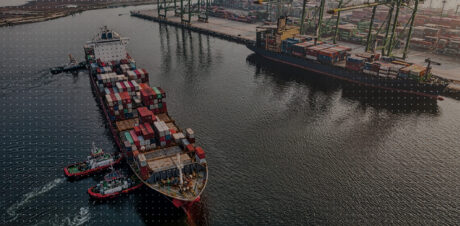The European Union is advancing sustainability and transparency efforts through the Digital Product Passport (DPP), a cornerstone of the EU Circular Economy Action Plan. DPPs are anticipated to be adopted by the EU and mandated between 2026 and 2030.
The DPP aims to centralize crucial product information, accessible to stakeholders across supply chains, including manufacturers, regulators, and consumers. This initiative is expected to transform industries by increasing transparency, particularly around a product’s environmental impact and recyclability.
What is the Digital Product Passport?
The Digital Product Passport is a digital framework designed to document and share data about a product’s lifecycle. This includes its material composition, origin, sustainability credentials, and recyclability. Initially targeting sectors like electronics, textiles, and batteries, the DPP will follow a product from the raw material stage through production, distribution, and end-of-life recycling. The EU Commission will manage a public web portal, enabling consumers to search for and compare the sustainability information provided in the product passports.
This comprehensive tracking will not only help companies comply with regulatory requirements but also support consumers in making informed purchasing decisions based on sustainability.
For a Digital Product Passport to be compliant with the EU’s DPP data requirements, it should or may include:
- A unique product identifier (UID)
- A global trade identification number as provided for in standard ISO/IEC or equivalent of products or their parts
- A TARIC code and other relevant commodity codes
- Compliance documentation, including declaration of conformity, technical documentation, and conformity certificates
- Requirements related to substances of concern
- User manuals, instructions, warnings, or safety information
- Relevant information related to the manufacturer, operators and importer
- Relevant information related to unique facility identifiers
- Relevant information for consumers and end-users on how to install, use, maintain, and repair the product to minimize negative impact and ensure long-term durability.
- Relevant information for consumers and end-users on how to return or dispose of the product at end-of-life
- Relevant information for treatment facilities on disassembly, recycling, or disposal at end-of-life
- Other relevant information that may influence the way the product is handled by parties other than the manufacturer
Complying with Digital Product Passports
Adopting the DPP will pose significant challenges for companies, particularly those with intricate and global supply chains. Manufacturers will be required to provide data at each stage of the product’s lifecycle, increasing the need for precise data collection and communication with suppliers. Additionally, businesses must ensure that all information is accurate, verifiable, and accessible to meet the standards set by the EU.
Yet, the DPP is also an opportunity. Companies that proactively adopt these measures can enhance their transparency, build consumer trust, and gain a competitive edge in an increasingly sustainability-focused market.
>> Sayari’s Product Blueprints: Map supply chains at the product level <<
Navigating the complexities of supply chain compliance can be challenging, but tools like Sayari Map offer invaluable support. Sayari Map allows supply chain and procurement teams to upload up to 25,000 suppliers at a time, screen these suppliers for more than 100+ risk factors, then automate filterable mapping to better understand sub-tier suppliers and all of their relationships.
The product maps upstream supply chains that match against Sayari’s database at a product level, leveraging Sayari’s AI-enabled product blueprints. This filters out the noise so you can focus on the suppliers that are most relevant to your business, instead of wasting valuable time and resources vetting the ones that aren’t. With the ability to trace product origins, monitor risk factors, and verify sustainability claims, Sayari enables businesses to meet DPP guidelines and mitigate potential supply chain disruptions.
By adopting these technologies early, companies will not only comply with the EU’s regulatory framework but also position themselves as leaders in sustainability and transparency.
Learn more about how Sayari can help in our webinar, Sayari Map: Automated Supply Chain Mapping and Risk Identification.



